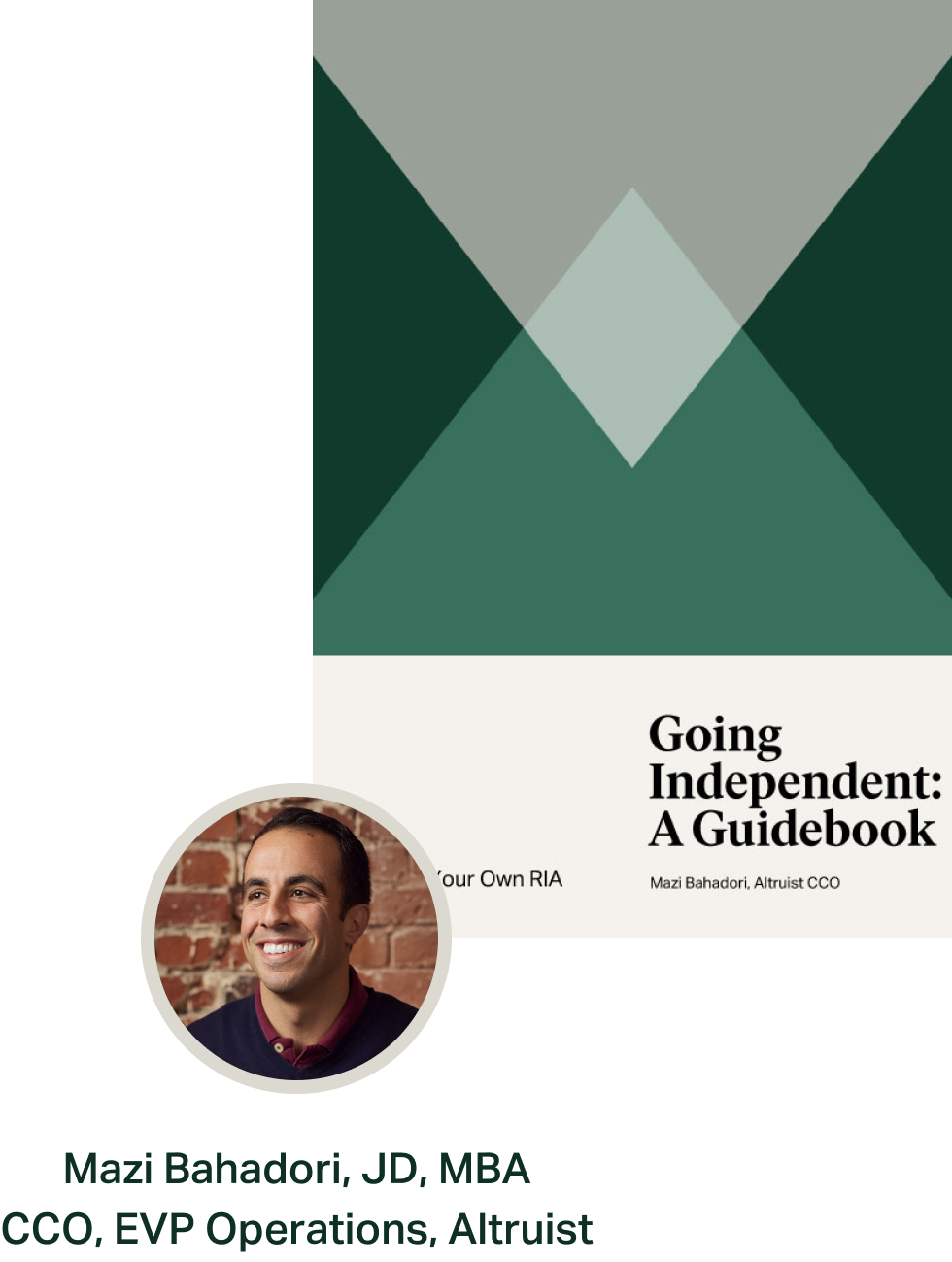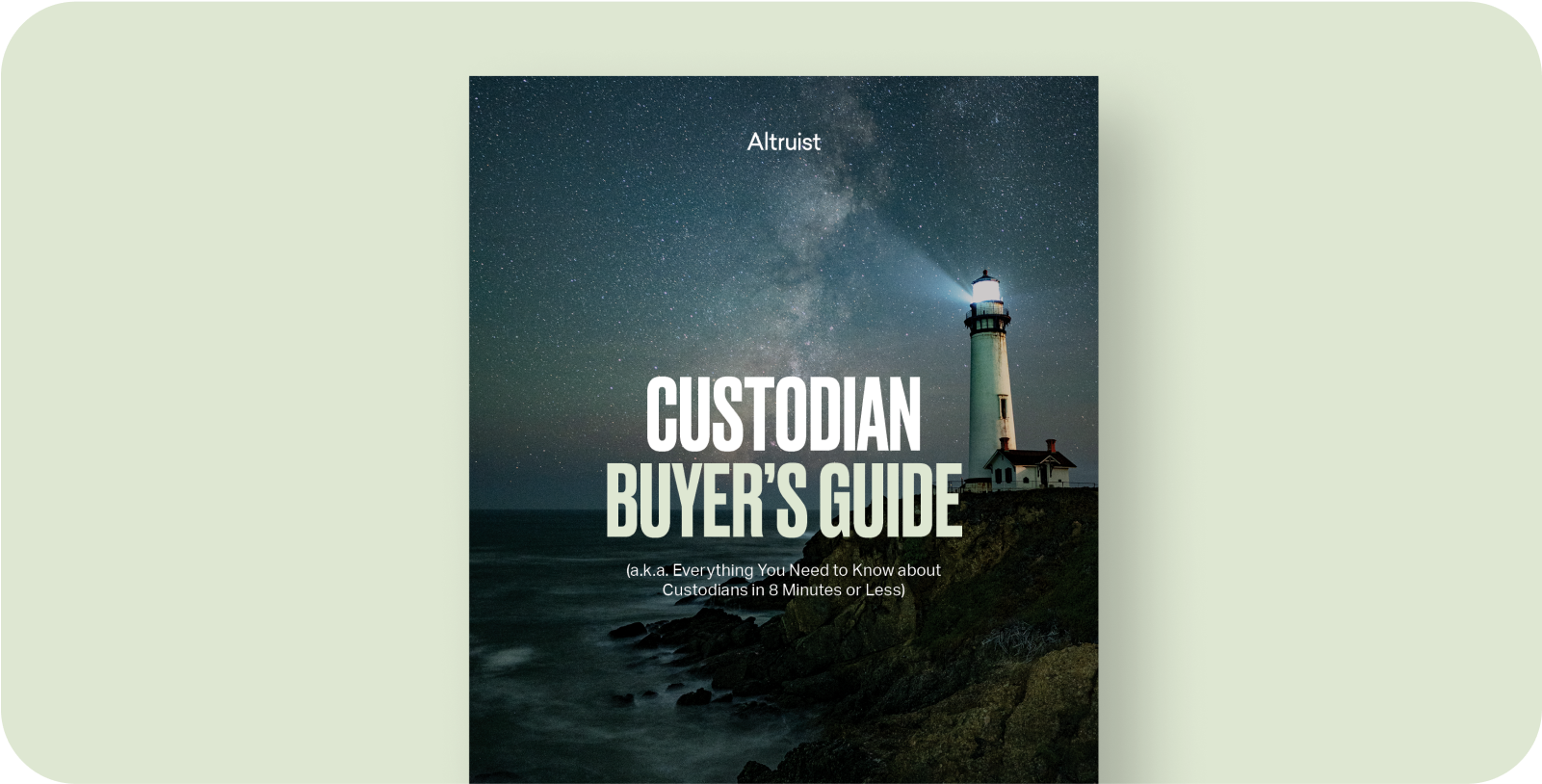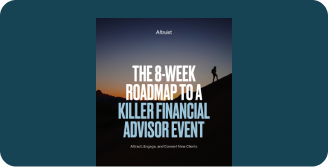Black History Month, a 28-day acknowledgment of the culture, legacy, and enslavement of African Americans, is a month where large publications begin to highlight the best and brightest of the community, the recent progress that the demographic has made, and the shortcomings of a society who once thought of this group as less than human.
In financial services, we track the economic progress of the Black community through data that doesn’t account for the systematic efforts to keep African Americans from truly building wealth in America. A recent Bloomberg article highlights the 32% net worth growth for Black households through the last quarter of 2022. Still, even with this progress, the average Black household net worth trails its White counterparts by more than $700,000.
For some who read that article, I suppose that it promotes the ideology that some progress is better than no progress at all. For many others, specifically Black Americans and other minority groups, the question of why they are so far behind in the marathon towards wealth creation in the first place still remains.
In a country often divided about the facts of its past, we may never get an objective and honest answer to this question. With the history of slavery and systematic racism hampering the wealth creation of African descendants, researchers are pessimistic that advancement to the point of equality will ever happen.
I remain optimistic that now, more than ever, we have a society of capable and conscious financial professionals who can make a deep impact within the Black community and beyond. Though it won't be easy, here are a few things that we all can do to accelerate economic advancement for Black Americans and other minority groups.
1. Acknowledgement
If you are not African American, it’s important to first acknowledge - for yourself - that the engagement with potential Black clients may or may not be your typical one. The experience and relationship with money that many African Americans have may be different from the majority of your ideal client profile due to the history listed above.
This is not to say that all Black Americans have the same financial circumstances. That is false. Yet, if their family has been impacted by history, it’s important not to project your experience or privilege on that reality.
Acknowledgment is a process that starts from within, but it’s demonstrated outwardly. Let this be a starting point for progress on how we treat people with different backgrounds and experiences.
2. Educate
As the old adage says, when you know better you do better. By educating your clients, you empower them to be the heroes of their own stories and impact generations by giving their elders tools that they can pass down.
Advisors who, largely, are natural educators can share the values and principles that they teach their clients with people who may not fit their ideal client profile, but could use the information to begin the journey in building wealth for themselves. This can be done through content, collaboration with other advisors, and by being proximate to Black and minority communities who might carry the burden of the repercussions of the wealth gap.
3. Be Accessible
We are an industry that prides itself on working with people who are usually inaccessible to the rest of society: high-net-worth families, entertainers, athletes, moguls, and the whos-who. Real impact can only happen when we make our services accessible to the common person. Then, and only then, can financial services professionals lend a helping hand in equaling the playing field.
As you scale your business, think about ways that you might be able to offer pro-bono services or office hour time for those who might need direct questions answered to improve their circumstance. After all, advisors should be servants first.
4. Patronize & Advocate
Sometimes, our role in shrinking the wealth gap may not be in our office suites. More often, it might be by choosing to work with a black or minority-owned business. By doing this frequently, you give an entrepreneur the opportunity to sustain a venture that can create generational wealth in their families, and opportunity in their communities.
In your area, search for minority businesses and pay them a visit. If any of the products are useful to you, patronize, support, and spread the word. You’re helping to empower a community by doing so.
Don’t let Black History Month be the only time that you think about the data mentioned above. Every month is an opportunity for us to create a wealthier society, a more progressive Black community, and more intentional financial advisors.














